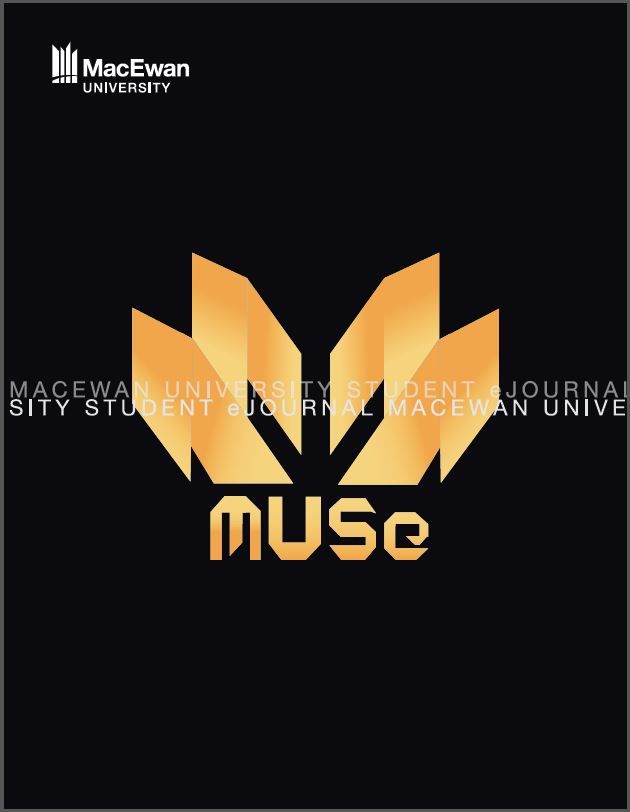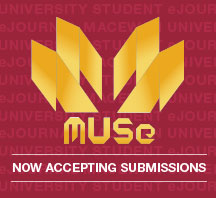2040: Climate Change Documentary Analysis
DOI:
https://doi.org/10.31542/n1nx3d98Abstract
This paper examines the impacts of climate change on human health and well-being, utilizing insights from the documentary 2040, directed by David Gameau. It explores how agriculture and ocean ecosystems can contribute to climate change mitigation. While the agricultural industry is a significant source of emissions, it is also particularly vulnerable to climate impacts (Gameau, 2019). Rising ocean temperatures and acidification threaten biodiversity and disrupt vital ocean circulation (Gameau, 2019).
This paper highlights the interrelation of climate change, planetary health, and human well-being and advocates for a multisectoral approach. It emphasizes strategies like sustainable agriculture and marine permaculture alongside adaptation measures to reduce vulnerability. This research accentuates the importance of environmental justice and the need for equitable and inclusive climate action.
Through examination of the United Nations Sustainable Development Goals (SDGs), such as zero hunger and responsible consumption, this paper identifies crucial intervention areas. Recommendations include reducing waste, promoting sustainable consumption, and implementing upstream policies to support climate mitigation. The research highlights the urgent need for global action to combat climate change and protect human health for future generations. Given the climate crisis's implications for nursing practice, adopting planetary nursing approaches is essential to safeguard both the planet and its population.
References
Downloads
Published
Issue
Section
License
Copyright (c) 2025 Taylor R. Louey, Alena Eng, Jimmy Hang, Jaismeen Kaur, Katelyn Nixon, Katlynn Sperling

This work is licensed under a Creative Commons Attribution-NonCommercial 4.0 International License.
By publishing works in MUSe, authors and creators retain copyright under a Creative Commons Attribution NonCommercial (CC BY-NC) license, which allows others to share these works for non-commercial purposes as long as credit is given. The MUSe Editorial Board reserves the right to make copy-editing changes to works prior to publication to ensure they conform to the publication's style and quality standards. The Editorial Board also reserves the right to archive published submissions in MacEwan University's institutional repository, RO@M.



